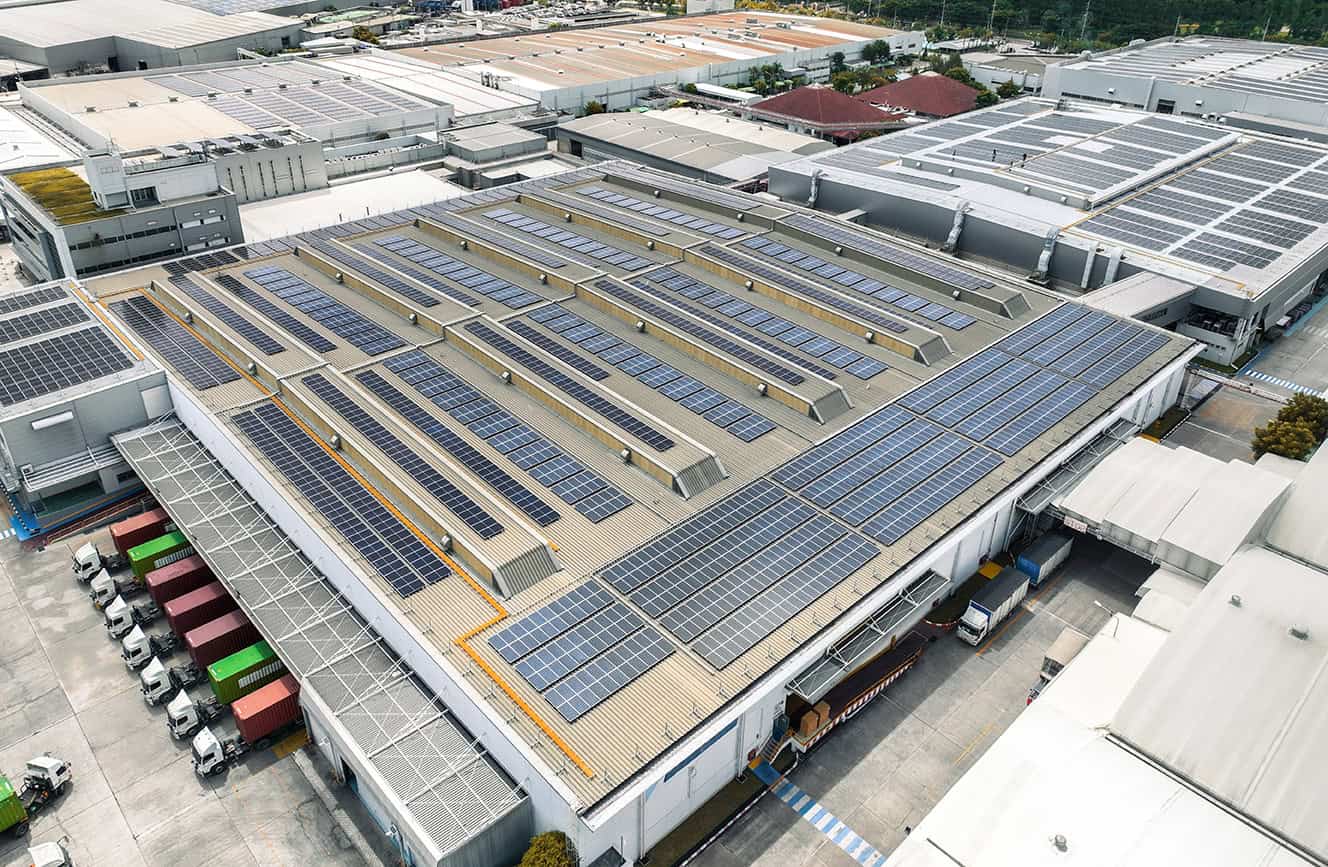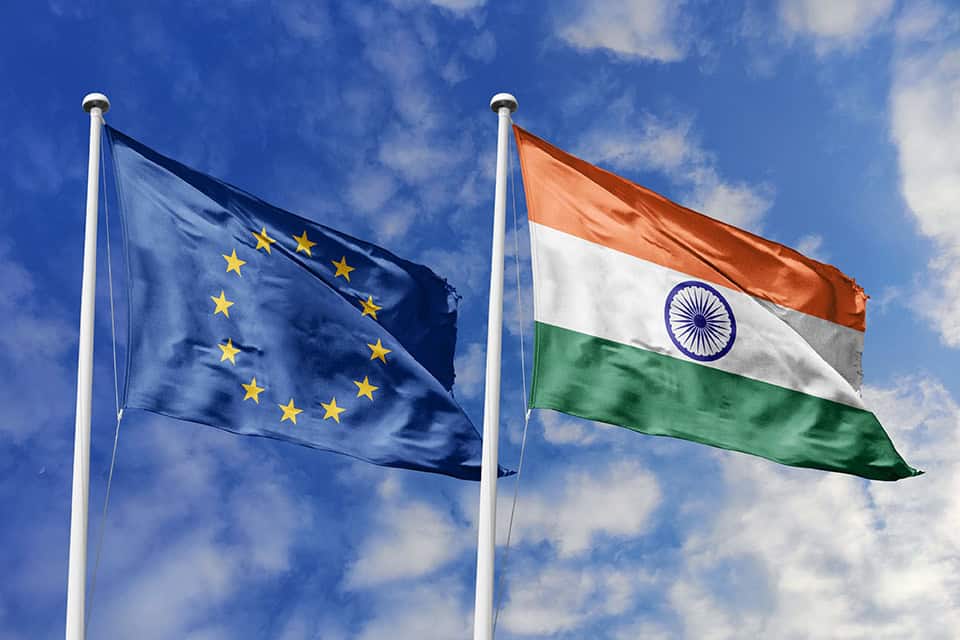
California’s landmark Climate Corporate Data Accountability Act (aka SB 253) was signed into law on Oct 7, 2023. This legislation brings significant changes to the landscape of greenhouse gas (GHG) emissions reporting and will likely impact your company’s supply chain management. For help navigating compliance and understanding SB 253’s implications, this FAQ aims to provide clarity on this new California law, who it affects, and what you need to know.
1. What is SB 253, and how does it affect businesses with $1 billion in revenue in California?
SB 253, the “Climate Corporate Data Accountability Act,” is a California state law that mandates corporations with over $1 billion in annual revenue operating in California to report their greenhouse gas (GHG) emissions, including Scopes 1, 2, and 3. While it primarily targets larger corporations, smaller businesses may be indirectly affected. It underscores the growing importance of transparency and environmental responsibility, which could influence how businesses of all sizes manage their supply chains.
2. What is the purpose of SB 253?
The primary goal of SB 253 is to create greater climate and GHG emissions accountability for large polluters and start moving toward a net-zero carbon economy. Because of California’s outsized influence on the global economy, this new law promises to shape future business practices – affecting more than 5,000 companies globally.
3. Is my business exempt from SB 253 if it generates less than $1 billion in annual revenue?
Your business will likely be exempt from SB 253 reporting requirements. However, it’s essential to stay informed, as environmental transparency practices could become industry standards and affect businesses of all sizes sooner rather than later.
4. What are Scopes 1, 2, and 3 emissions, and why do they matter?
Scopes 1, 2, and 3 emissions represent different categories of GHG emissions. Scope 1 covers direct emissions from a company’s operations. Scope 2 includes indirect emissions from purchased energy, and Scope 3 encompasses all other indirect emissions throughout the extended value chain. These emissions are significant because they contribute to a company’s environmental impact and its reputation in the context of sustainability.
5. What steps should my business take to become more transparent in response to SB 253?
While SB 253 may not directly apply to businesses with less than $1 billion in revenue, it’s wise for organizations of all sizes to start assessing emissions from your supply chain, implementing environmentally responsible practices, such as reducing energy consumption and exploring sustainable sourcing options. Supply chain platforms like e2open are at the forefront, helping companies navigate this transformation journey successfully.
6. How can my business leverage SB 253 to gain a competitive advantage?
Even if SB 253 doesn’t directly apply to your business, you should leverage the trend toward greater transparency and sustainability. By voluntarily adopting eco-friendly practices and transparent reporting, you can appeal to environmentally conscious consumers and potentially attract more customers who prioritize sustainable products and services.
7. What happens if companies doing business in California don’t report Scopes 1- 3 emissions as outlined in SB 253?
The specific penalties for SB 253 non-compliance may vary based on the law’s provisions and enforcement mechanisms. Typically, non-compliance with reporting could lead the State Board to impose civil actions with a maximum fine of $500,000.
8. How can businesses ensure SB 253 compliance?
Businesses subject to SB 253 should start by assessing their GHG emissions, including Scopes 1, 2, and 3. It’s imperative to establish the necessary data collection and reporting processes to meet the law’s requirements. Engaging with environmental consultants and legal experts may be beneficial in ensuring compliance. Leveraging e2open’s network-based platform will also help synthesize cost and service levels with environmental/social factors, empowering companies to create value and reduce risk throughout the organization.
9. When are businesses required to submit a GHG emission report?
Companies need to start reporting Scope 1 and 2 emissions for 2025 in 2026. Scope 3 emissions reporting is due the following year. However, it’s expected that companies like Amazon, Walmart, and Apple, which already require a portion of their suppliers to share data around their carbon footprint, will lead the way in industry reporting ahead of schedule.
10. What does SB 253 mean for investors?
Once a company’s Scope 1–3 emissions information is available and searchable online, investors, stakeholders, and consumers will all have access to new information about the true climate costs of certain businesses. Undoubtedly, this will shed light on the scope emission—impacting investment deals, consumer choices, emerging “green” investment funds, and ETFs.
An evolving conversation on corporate sustainability
As the corporate world continues to grapple and evolve with environmental accountability and sustainability, SB 253 represents a crucial step toward transparency and responsible business practices. If you need assistance navigating the supply chain complexities of SB 253, contact e2open.




